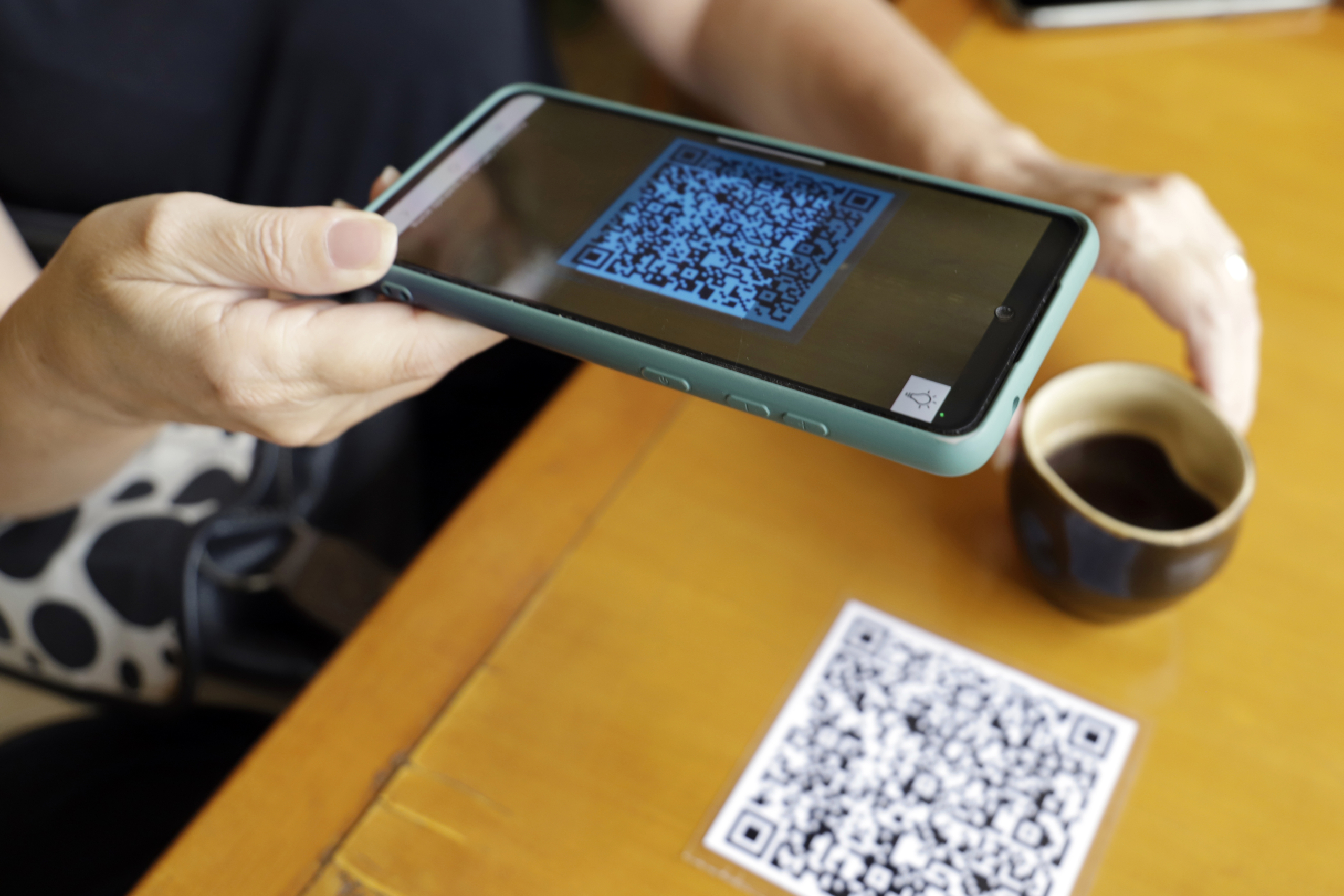Pix in the US's sights: payment model is preferred by small businesses

Pix, the instant payment system that revolutionized the Brazilian economy, finds itself at the center of an international controversy. While it is consolidating itself as the primary transaction tool for millions of Brazilians, especially individual microentrepreneurs (MEI), the successful model of the Central Bank of Brazil (BC) is under fire from the United States, which alleges unfair trade practices.
A Sebrae survey reveals that 97% of MEIs use Pix as a payment alternative. More than that, for almost half of these entrepreneurs (48%), the modality accounts for 51% or more of all revenue .
Décio Lima, president of Sebrae, highlights that Pix has simplified commercial transactions. "According to a Sebrae survey, PIX is the preferred method for almost half of individual microentrepreneurs in the country (48%). Furthermore, 97% of entrepreneurs accept PIX as a payment method. Of all the resources used in product sales, this model already accounts for 51% or more of companies' revenue," the president states.
It's a tool that's already established itself. Technology is a concept that's irreversible, and small businesses are using it to leverage opportunities and increase job creation.
Décio Lima, president of Sebrae.
For the director, this connection to the financial system is crucial, as it facilitates access to credit, overcoming one of the biggest barriers to the development of these businesses: the lack of accurate information about their financial situation.

Consolidation
Pix has already surpassed banking platforms like TED and DOC in the number of transactions, and by the end of 2023, it will surpass cards (debit, credit, and prepaid) in the number of payments in the country. New features, such as contactless and automatic Pix, already launched this year, and future hybrid payments (Pix via QR Code on boletos) reinforce the Central Bank's agenda.
For the BC, Pix has become a fundamental tool for increasing the population's access to the financial system and reducing banking concentration , benefiting not only users but also banks and technology companies. The possibility of using Pix receivables as collateral for loans to micro and small businesses, a government agenda, is another innovation under study that promises to further strengthen the small business ecosystem.
Décio Lima believes that any measure restricting or burdening the use of Pix would have a direct and severe impact on the main source of revenue for millions of MEIs, compromising their ability to operate, grow, and generate income. According to him, Pix's free and instantaneous nature are pillars that support the financial inclusion and competitiveness of these small businesses.
Launched in 2020, Pix reached universal adoption in less than four years. According to data from the Central Bank, it is already the most widely used payment method among Brazilians. The number of monthly transfers already exceeds 6 billion, moving approximately R$2.8 trillion.
agenciasebrae





